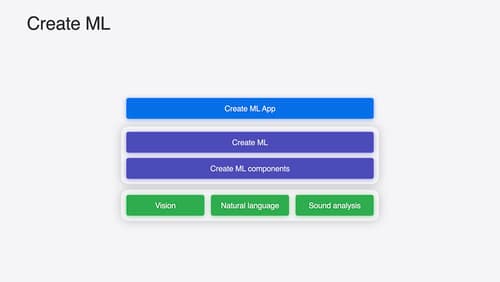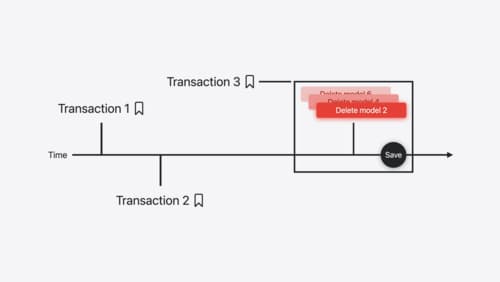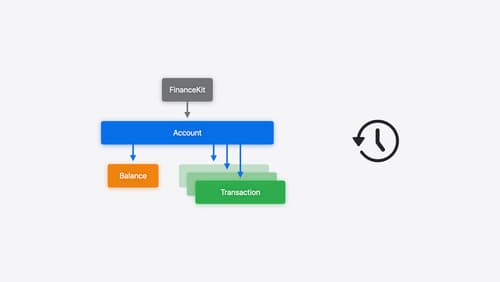Pre fetching data
Asked on 2024-08-20
1 search
It seems like you're interested in pre-fetching data. At WWDC 2024, several sessions touched on data handling and optimization techniques that could be relevant to your query.
-
Meet FinanceKit: This session discusses efficient data querying strategies, such as using resumable, long-running queries to process only the latest updates, which can significantly reduce the amount of data your app needs to handle. This approach is particularly useful for financial data access, where you want to minimize data processing while still getting the necessary updates. You can learn more about this in the Meet FinanceKit session.
-
Create a custom data store with SwiftData: This session covers how to implement a fetch operation that supports queries and sorting, which is essential for pre-fetching data efficiently. It also discusses handling predicates and sort descriptors, which are crucial for optimizing data retrieval. You can explore this topic further in the Create a custom data store with SwiftData session.
-
Track model changes with SwiftData history: This session explains how to fetch and process changes in a data store, which can be useful for pre-fetching data by only retrieving the necessary updates. This can help in keeping your app's data in sync without fetching the entire dataset repeatedly. More details can be found in the Track model changes with SwiftData history session.
These sessions provide insights into efficient data handling and pre-fetching strategies that can be applied to various types of data, including financial and historical data.

What’s new in Create ML
Explore updates to Create ML, including interactive data source previews and a new template for building object tracking models for visionOS apps. We’ll also cover important framework improvements, including new time-series forecasting and classification APIs.

Track model changes with SwiftData history
Reveal the history of your model’s changes with SwiftData! Use the history API to understand when data store changes occurred, and learn how to use this information to build features like remote server sync and out-of-process change handing in your app. We’ll also cover how you can build support for the history API into a custom data store.

Meet FinanceKit
Learn how FinanceKit lets your financial management apps seamlessly and securely share on-device data from Apple Cash, Apple Card, and more, with user consent and control. Find out how to request one-time and ongoing access to accounts, transactions, and balances — and how to build great experiences for iOS and iPadOS.
